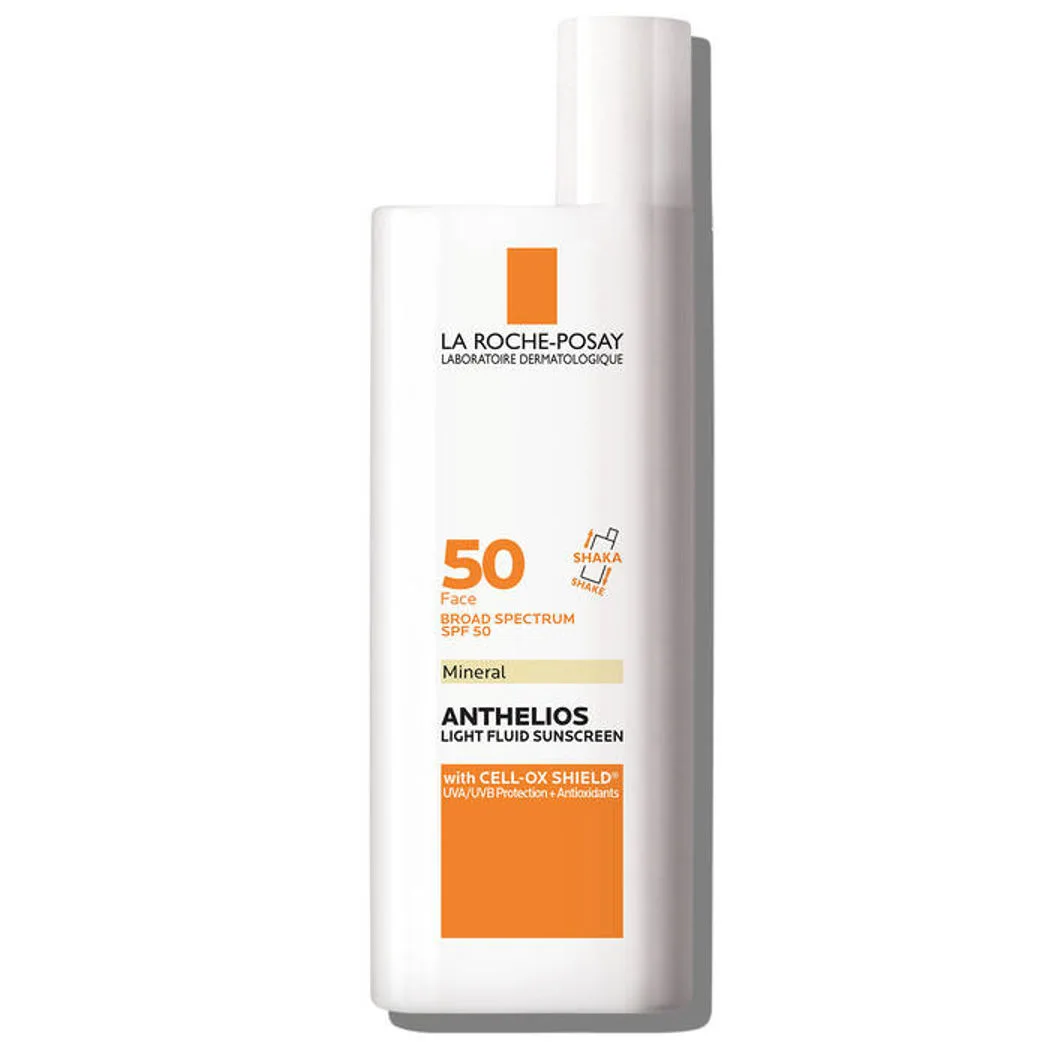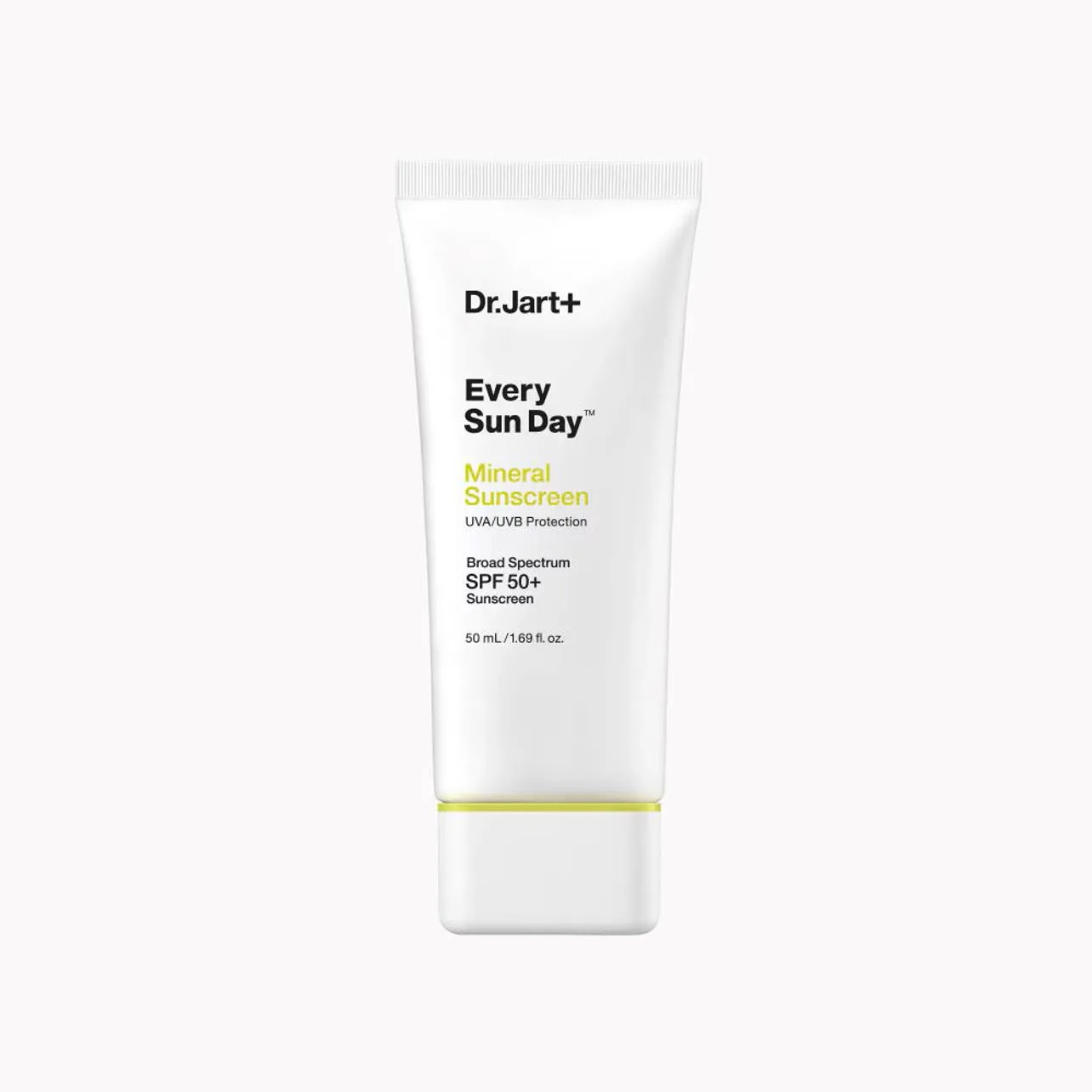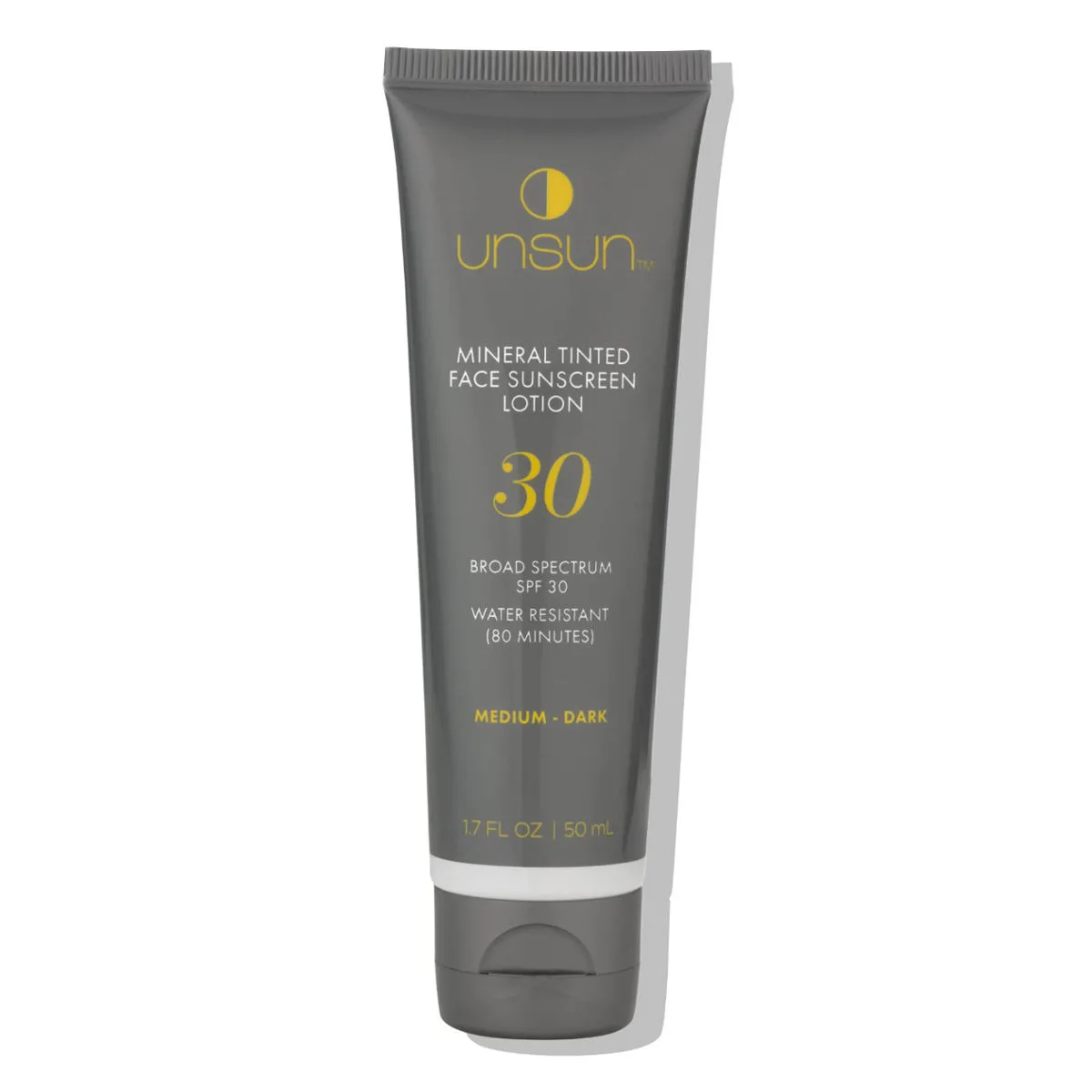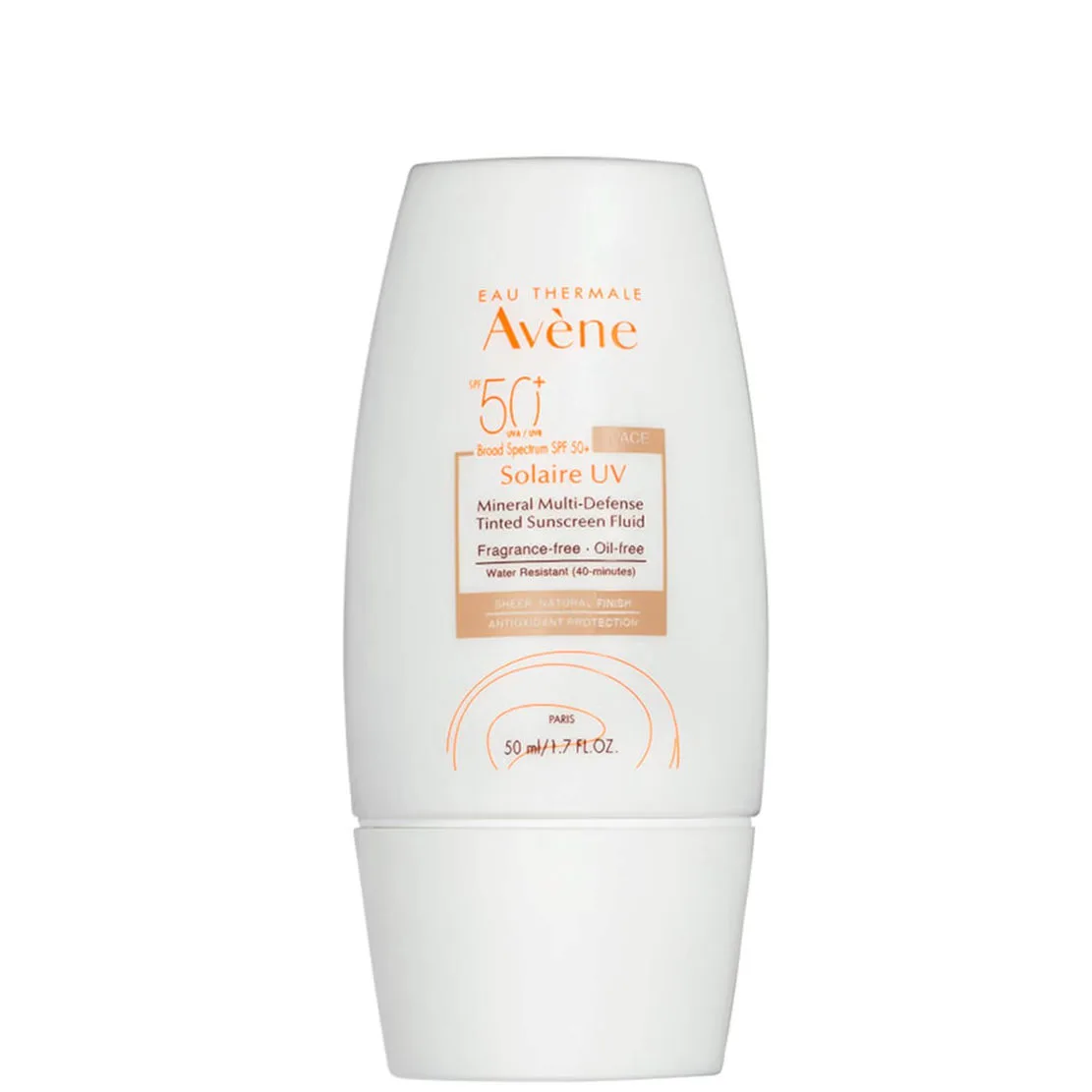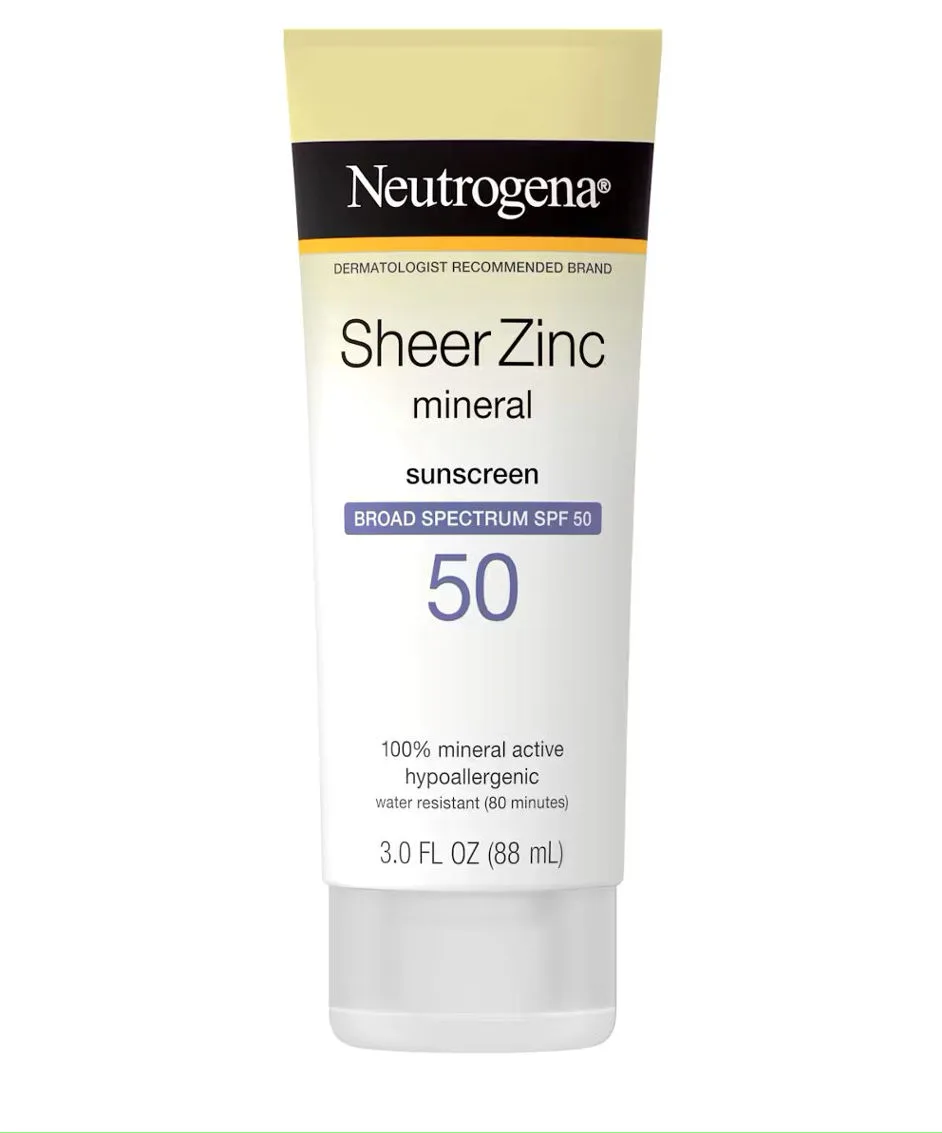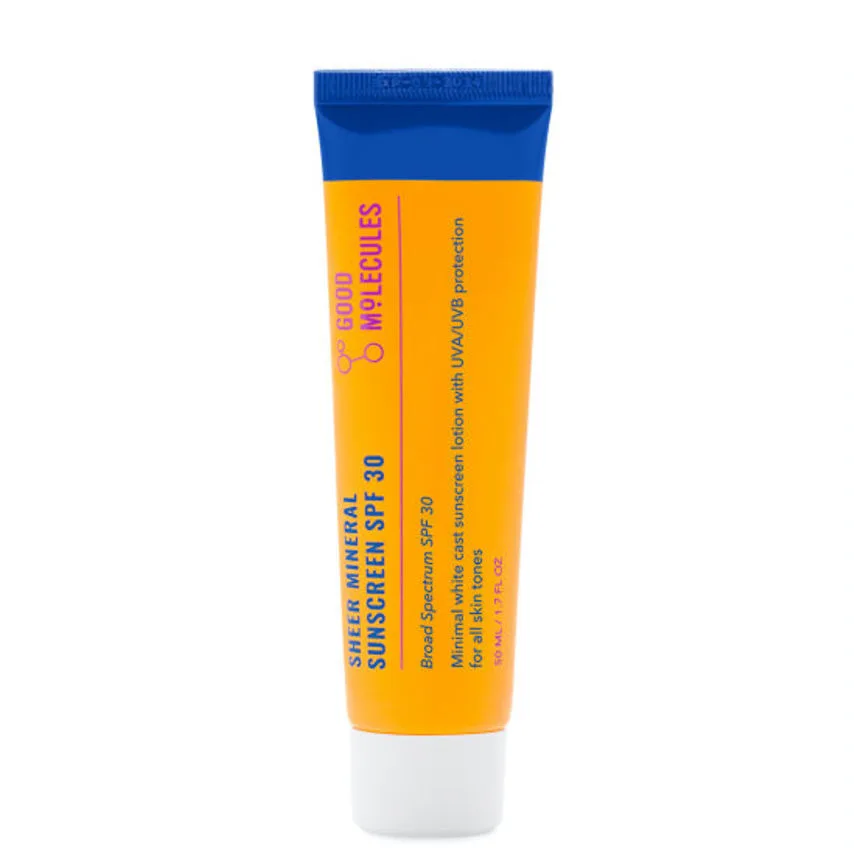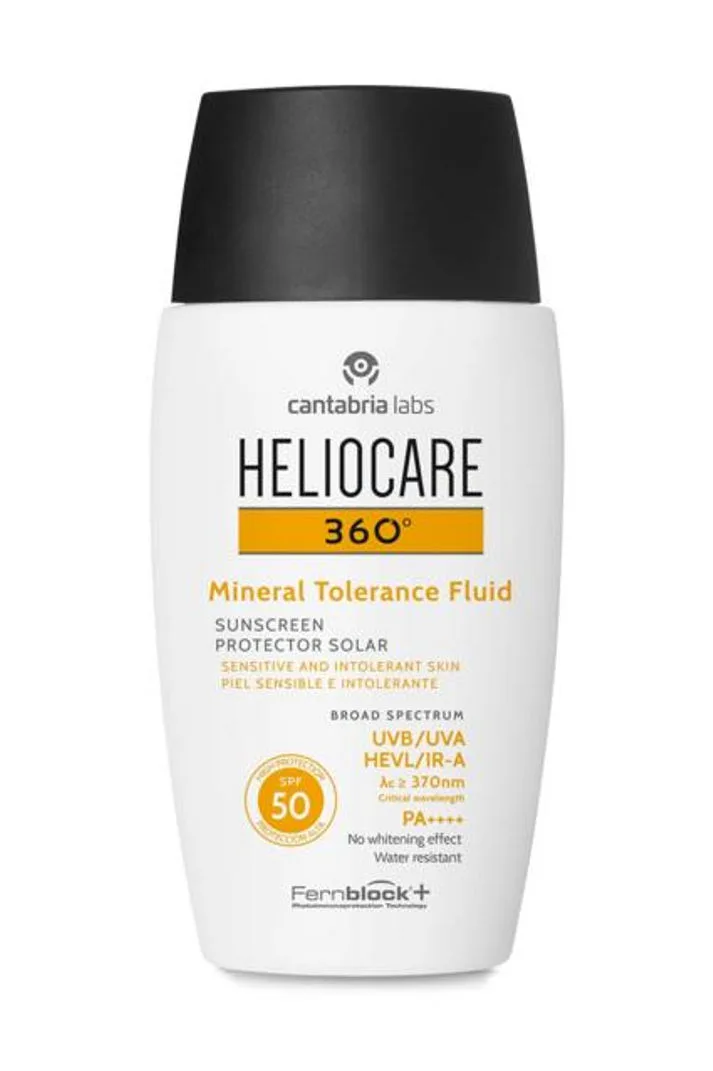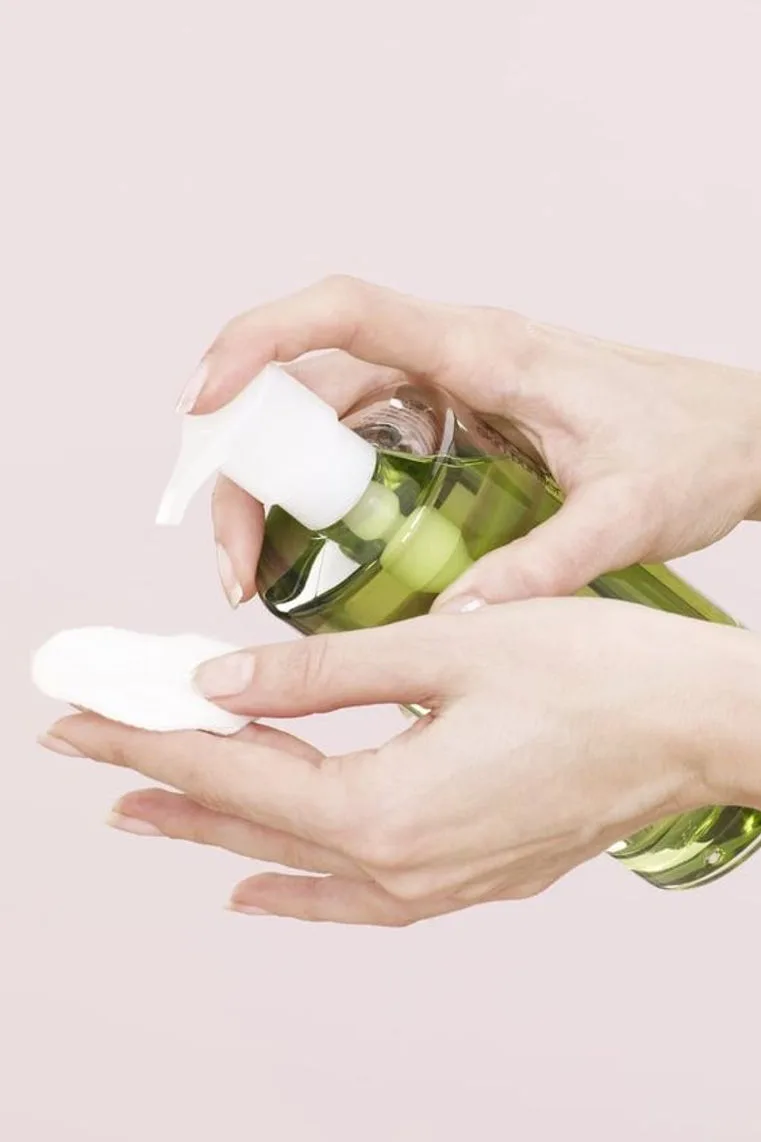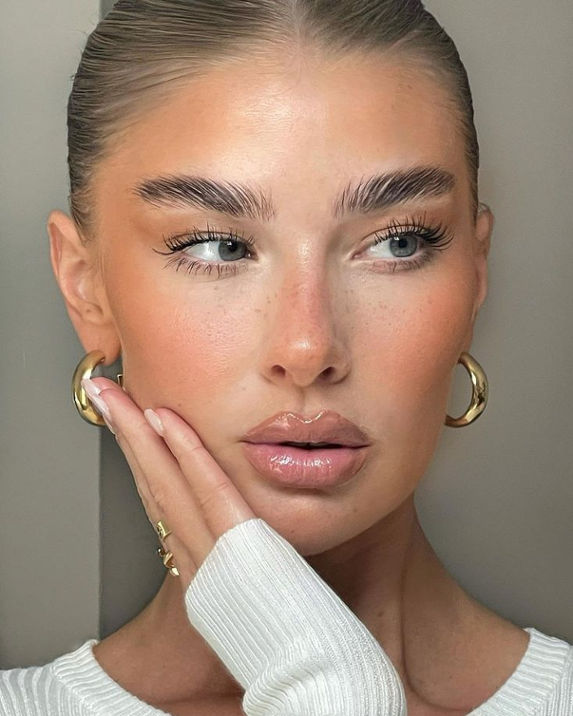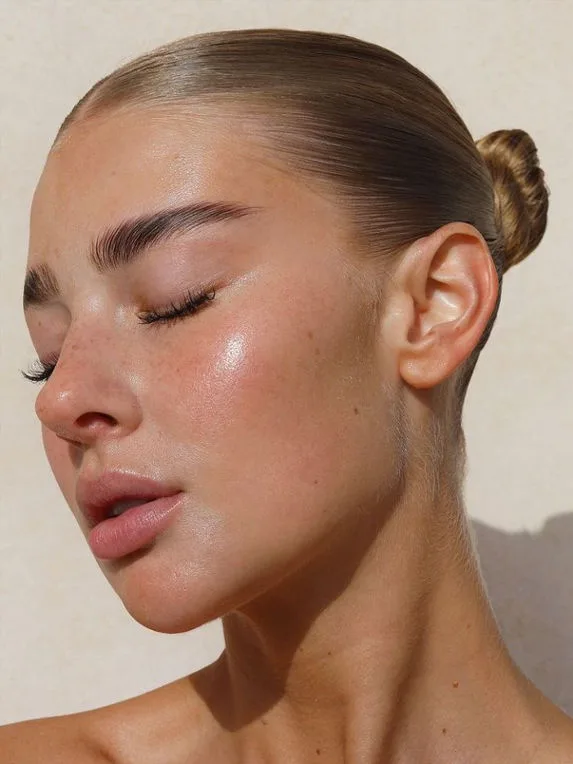In today’s world of skincare, one of the most essential products you can incorporate into your routine is sunscreen. With Summer right around the corner, it is time to up your sunscreen game and we have just the thing for you; 7 best mineral sunscreen for face that you can choose from to add to your routine!
When it comes to choosing the right sunscreen for your face, mineral sunscreens stand out for their gentle yet effective protection. Mineral sunscreens are suitable for all skin types especially sensitive skin (including pregnant women and children), if you are not sure about what skin type you have, you can check out our article about uncovering your skin type.
Sunscreens have and will always be the MVP in every skincare routine. Using sunscreen has so many benefits but more importantly, it prevents sunburn, skin cancer and premature signs of aging (wrinkles, fine lines).
Of course, aging is inevitable but aging well both internally and externally is what we want! Sunscreen combined with other efforts are key to aging (at the right age) like fine wine. Starting to use sunscreen in your teenage years or early adulthood will save you money on botox. You can also check out our article on botox alternatives.
In this article, you can find out the importance of sunscreen, the differences between mineral and chemical sunscreens, the pros, and cons of mineral sunscreens, and finally, seven of the best mineral sunscreens specifically formulated for facial use.
Why is Sunscreen Important
Sunscreens play a crucial role in protecting our skin from the harmful effects of ultraviolet (UV) radiation emitted by the sun. There are three primary types of UV radiation: UVA, UVB and, UVC and here are some things you should know about them.
| UVA | UVB | UVC |
| UVA rays have the longest wavelength among UV rays. | UVB rays have a shorter wavelength than UVA rays. | UVC rays have the shortest wavelength and are the most energetic form of UV radiation. |
| They penetrate deep into the skin’s dermis, contributing to premature aging, wrinkles, and skin cancer. | They primarily affect the skin’s outer layer (epidermis) and are the main cause of sunburn. | UVC is absorbed by the earth’s ozone layer and does not reach the earth’s surface. |
| UVA rays are present all year round and can penetrate clouds and glass. | UVB rays are most intense during midday and summertime. | UVC radiation is used for sterilization. |
| They are responsible for tanning and can cause immediate skin darkening. | They play a key role in the development of skin cancer and can also cause eye damage such as cataracts. |
Prolonged exposure to UV rays can lead to sunburn, premature aging, and an increased risk of skin cancer. By applying sunscreen daily, you create a protective barrier that shields your skin from these damaging rays, by either reflecting these rays (mineral or physical sunscreens) or absorbing these rays and converting the rays to heat (chemical sunscreens).
Without daily use of sunscreens, all your other skincare efforts would be in vain as well especially if you are looking to fade dark spots and hyperpigmentation.
Difference between Mineral and Chemical Sunscreens
| Mineral Sunscreens | Chemical Sunscreens |
| Contain physical UV filters like zinc oxide, titanium dioxide or both | Contain chemical UV filters like homosalate, octinoxate, avobenzone, oxybenzone, etc |
| Protects the skin by reflecting UV rays | Protects the skin by absorbing UV rays |
| Stays on the surface of the skin | Absorbs into the skin |
| Starts working immediately it is applied | Starts working 20 minutes after application |
| Best for sensitive skin | May cause breakouts on sensitive skin |
Pros and Cons of Mineral Sunscreens
Mineral or physical sunscreens like most skincare products have both pros and cons, pros being more than cons.
Pros:
– Gentle on sensitive skin: Mineral sunscreens are less likely to cause irritation or allergic reactions, making them suitable for all skin types, including sensitive and acne-prone skin.
– Broad-spectrum protection: Mineral sunscreens offer protection against both UVA and UVB rays, providing comprehensive coverage.
– Reef-safe: Unlike some chemical sunscreens, mineral sunscreens are considered environmentally friendly and do not contribute to coral bleaching.
– Immediate protection: Mineral sunscreens start working as soon as they are applied to the skin, providing instant protection against UV radiation.
Cons:
– White cast: One common drawback of mineral sunscreens is that they MAY leave a white or chalky residue on the skin, especially on darker skin tones.
– Potential for flashback in photos: The reflective nature of mineral sunscreen ingredients may cause a white glare in flash photography, particularly in formulations with higher concentrations of zinc oxide.
7 Best Mineral Sunscreens for your Face
Here are 7 best mineral sunscreens for face (in no particular order) to help narrow your mineral sunscreen search:
1. La Roche Posay Anthelios Mineral Sunscreen
100% mineral sunscreen with both zinc oxide and titanium dioxide.
It leaves a matte finish on the skin making it more suitable for oily skin type.
Water-resistant for up to 40 minutes.
Addresses concerns related to photo-protection, sun damage, and sensitive skin.
Suitable for all skin types.
2. Dr Jart+ Every Sun Day Mineral Sunscreen
100% mineral sunscreen with both zinc oxide and titanium dioxide.
Matte and weightlesss finish.
Oil contolling product, best for oily skin.
Contains skin softening and soothing ingredients.
Suitable for all skin types.
3. Unsun Cosmetics Tinted Mineral Sunscreen
100% mineral sunscreen with both zinc oxide and titanium dioxide.
Sunscreen, primer and colour corrector all in one.
Water-resistant for up to 80 minutes.
Can be found in two shades: Light-medium and Medium-dark.
Suitable for all skin types.
4. Avène Solaire UV Tinted Mineral Sunscreen
100 % mineral sunscreen with zinc oxide.
It is fluid and lightweight.
Water-resistant for up to 40 minutes.
Contains niacinamide, calms skin and improve skin tone and texture.
Suitable for all skin types.
5. Neutrogena Sheer Zinc Mineral Sunscreen
100% mineral sunscreen, featuring zinc oxide.
Non-greasy, lightweight finish.
Water-resistant for up to 80 minutes.
Suitable for all skin types, best for oily and sensitive skin.
6. Good Molecules Sheer Mineral Sunscreen
100% mineral formulation, featuring zinc oxide.
Weightless, fast absorbing with no greasy finish.
Contains hydrating and antioxidant ingredients.
Cruelty free and vegan.
Suitable for all skin types.
7. Heliocare 360° Tolerance Fluid Mineral Sunscreen
100% mineral formulation, featuring both zinc oxide and titanium dioxide.
Lightweight and fluid consistency.
Contains antioxidant ingredients.
Vegan friendly.
Suitable for all skin types
Do Mineral Sunscreens leave a white cast?
Long story cut short, yes. Here’s the long story; the active ingredient(s) used as UV filters in mineral sunscreens is zinc oxide, titanium dioxide or a combination of both. These two ingredients, zinc oxide and titanium dioxide are white in color and are commonly found in powder form thus, the white cast.
While some mineral sunscreens may leave a white cast on the skin, advancements in formulation have led to the development of tinted and sheer options that minimize this effect. Additionally, choosing a sunscreen with micronized (nano) mineral particles can help reduce the appearance of a white residue, ensuring that your skin looks radiant and protected without any unwanted chalkiness.
It is also important to know that the key to having little or no white cast is to apply in small amounts and massage into skin; layer by layer until the right amount of sunscreen is applied. It is also good to apply your mineral sunscreen at least 15 minutes before your time in the sun to allow the skin to properly absorb the product and leave no residue.
By understanding the importance of sunscreen, the differences between mineral and chemical formulations, and the pros and cons of mineral sunscreens, you can make an informed decision when selecting the best option for your skincare routine.
With the wide range of mineral sunscreens available on the market and this list of 7 best mineral sunscreen for face use we have compiled for you to make your search easier, there’s sure to be a perfect match for your skin type and preferences. So, don’t forget to apply (and reapply) sunscreen daily and enjoy the sun SAFELY!

